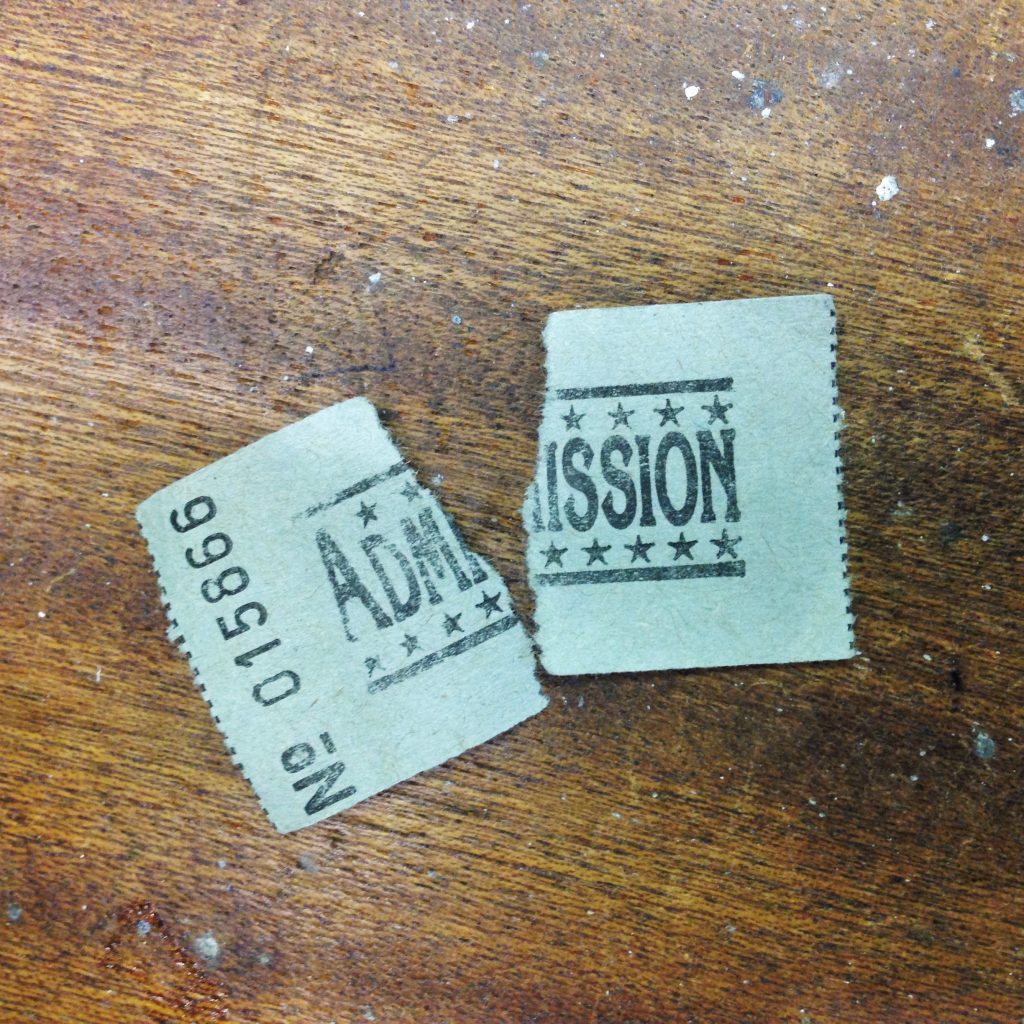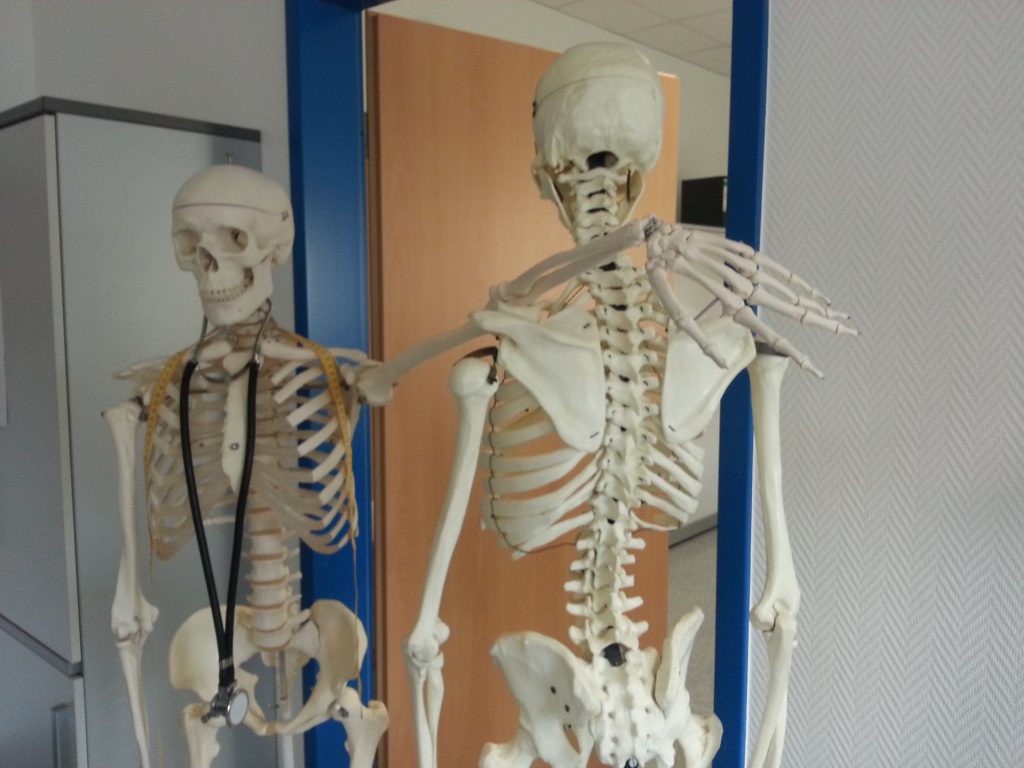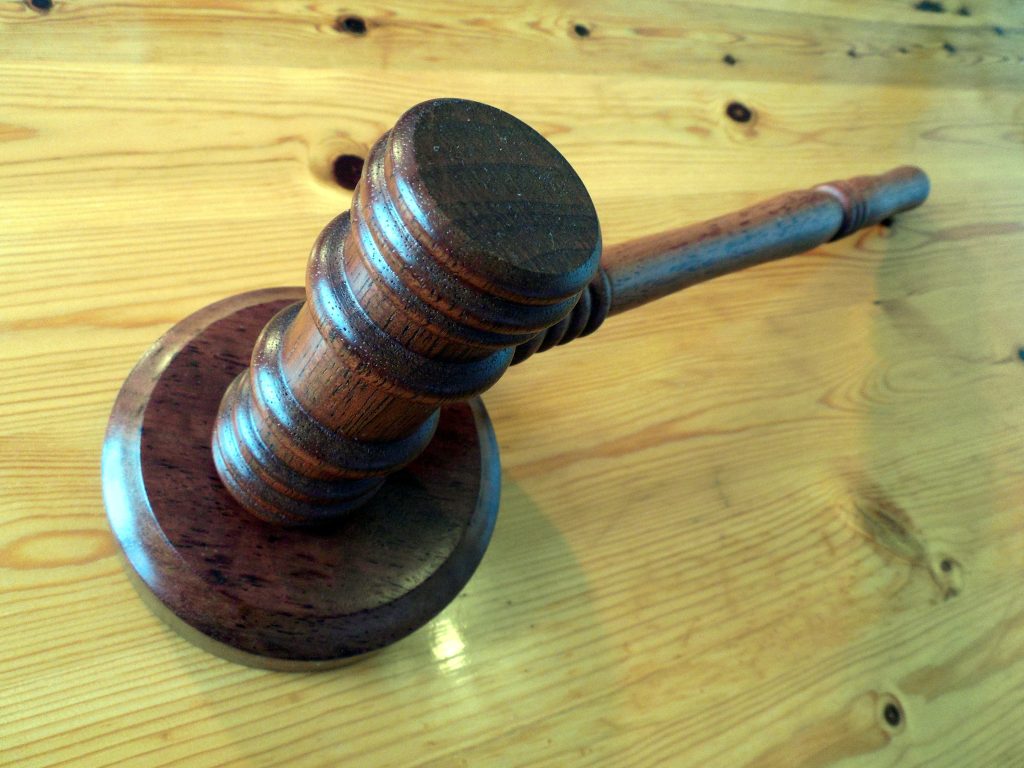 Often people are injured by a person who appears to be an employee of a company. However, just because someone seems to be working for a business doesn’t necessarily mean they are an employee. If you’re hurt by an employee of a company and want to seek damages, whether the person is an employee or an independent contractor could make a big difference in your case. The following case explains the difference between an employee and an independent contract for determining who will be liable for the injured party’s claims.
Often people are injured by a person who appears to be an employee of a company. However, just because someone seems to be working for a business doesn’t necessarily mean they are an employee. If you’re hurt by an employee of a company and want to seek damages, whether the person is an employee or an independent contractor could make a big difference in your case. The following case explains the difference between an employee and an independent contract for determining who will be liable for the injured party’s claims.
In January 2013, a cab driver was involved in a crash in Shreveport, Louisiana, where the cab passenger, Ms. Franklin, was injured. The cab driver, Mr. Gary Dick, leased the taxicab from Crawford and Yellow Checker Cab Company each day for $85. However, Mr. Dick kept all proceeds from his driving, and the cab companies received the same $85 a day regardless of how much Mr. Dick made. As a result, Ms. Franklin filed a lawsuit against Dick, Crawford, and the Yellow Checker Cab. Filing a lawsuit against all the possible defendants who may be liable is customary after an auto accident, as before litigation Ms. Franklin would have no way of knowing whether or not Dick was an employee or an independent contractor.
The cab companies filed a partial summary judgment motion arguing that there was no employee/employer relationship between themselves and Mr. Dick. Therefore, if successful, the cab companies would not be liable to Franklin for any of her injuries caused by the car accident, only Dick would. The trial court granted the motion in favor of the cab companies, and Franklin appealed the ruling.
 Louisiana Personal Injury Lawyer Blog
Louisiana Personal Injury Lawyer Blog


 Removal of estate executors can be difficult and require many hours of work. Not only does a petition need to be filed with the court, but the executor being removed must be notified, which often results in a legal battle. Things can become even more complicated when long-lost relatives appear. The following case discusses how the heirs of an estate may seek to remove the executor.
Removal of estate executors can be difficult and require many hours of work. Not only does a petition need to be filed with the court, but the executor being removed must be notified, which often results in a legal battle. Things can become even more complicated when long-lost relatives appear. The following case discusses how the heirs of an estate may seek to remove the executor. If you slip and fall at a store, you might think the store will be liable for your injuries. However, to succeed in a slip-and-fall claim in Louisiana, there are various elements you must show before you can recover. You might not recover for your injuries if you do not provide evidence to support your claims.
If you slip and fall at a store, you might think the store will be liable for your injuries. However, to succeed in a slip-and-fall claim in Louisiana, there are various elements you must show before you can recover. You might not recover for your injuries if you do not provide evidence to support your claims. 
 Injuries sustained on the job present challenges for the employee and employer, especially when multiple sites of injury are involved. In addition, injuries all over the body can require different medical treatments for each affected area. Specialized treatments such as a spinal cord stimulator can be recommended to alleviate pain to an injured worker. However, a workers compensation insurance company may not be amenable to pay for such treatment. The following case addresses the question, can a workers compensation claimant receive spinal cord stimulator treatment in Louisiana?
Injuries sustained on the job present challenges for the employee and employer, especially when multiple sites of injury are involved. In addition, injuries all over the body can require different medical treatments for each affected area. Specialized treatments such as a spinal cord stimulator can be recommended to alleviate pain to an injured worker. However, a workers compensation insurance company may not be amenable to pay for such treatment. The following case addresses the question, can a workers compensation claimant receive spinal cord stimulator treatment in Louisiana? The Collateral Source Rule in Louisiana law prevents a tortfeasor (a person who harmed another) from benefiting from the victim’s receipt of funds from an independent source. So what does that mean?
The Collateral Source Rule in Louisiana law prevents a tortfeasor (a person who harmed another) from benefiting from the victim’s receipt of funds from an independent source. So what does that mean? Lawsuits and appeals can bring up complicated legal issues such as jurisdiction. Jurisdiction is a legal principle that determines the extent and authority of a court to hear and decide cases. There are two primary types of jurisdiction: personal jurisdiction and subject matter jurisdiction.
Lawsuits and appeals can bring up complicated legal issues such as jurisdiction. Jurisdiction is a legal principle that determines the extent and authority of a court to hear and decide cases. There are two primary types of jurisdiction: personal jurisdiction and subject matter jurisdiction. Insurance claims can be complex, even for the courts. Lawsuits involving multiple plaintiffs and defendants are just as complicated. Claims, cross-claims, and counterclaims can arise from a single accident.
Insurance claims can be complex, even for the courts. Lawsuits involving multiple plaintiffs and defendants are just as complicated. Claims, cross-claims, and counterclaims can arise from a single accident. Most consumers in the U.S. are aware of increasingly high medical costs. For most people, those high costs are not directly paid; instead, they appear on a bill along with what one’s insurance company will pay as part of an agreement with the medical provider. Many insured consumers will look for “in-plan” medical providers to ensure that most costs are covered. Those “in-plan” providers are part of a preferred provider organization (PPO), which is a subscription-based medical arrangement that allows a substantial discount on rates to be charged.
Most consumers in the U.S. are aware of increasingly high medical costs. For most people, those high costs are not directly paid; instead, they appear on a bill along with what one’s insurance company will pay as part of an agreement with the medical provider. Many insured consumers will look for “in-plan” medical providers to ensure that most costs are covered. Those “in-plan” providers are part of a preferred provider organization (PPO), which is a subscription-based medical arrangement that allows a substantial discount on rates to be charged.